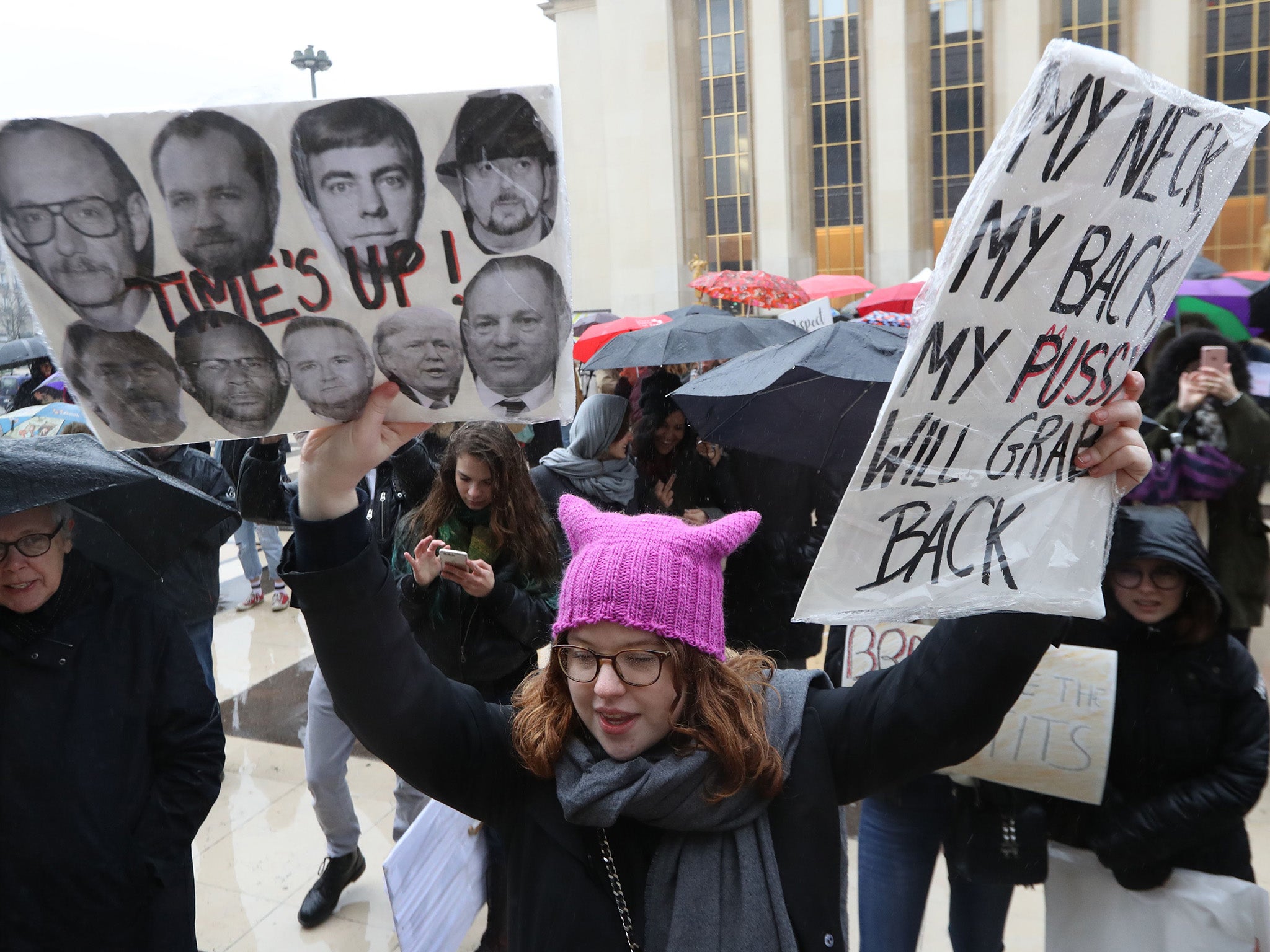Sexual harassment of students by university academics is rife, survey suggests
'These problems have been at best side-lined and at worst silenced by institutions. We need to talk about the open secrets that plague academia'

Two in five students have been sexually harassed by university staff, according to new research.
One in eight students have reported being touched by a staff member in a way that made them feel uncomfortable, according to the new survey from the National Union of Students (NUS). Others had experienced comments of a sexual nature.
The vast majority of perpetrators are academic staff, the study of 1,839 current and former students suggests. Women were more likely to be victims and to have been negatively affected.
Respondents said their academic work had been disrupted because of staff sexual misconduct.
“I had to change my theme of study to avoid him, fear of campus for bumping into him, unable to participate in academic or social events within the department for fear of contact with him." one said.
Thirty-five current students said they had experienced non-consensual sexual contact and nine said they had been sexually assaulted or raped by a staff member, according to the report that was compiled with the 1752 Group - a research organisation that campaigns to end sexual misconduct in higher education.
Overall, four in ten respondents reported at least one experience of sexualised behaviour - such as sexualised jokes, comments and unwanted touching from staff. A further five per cent said they were aware of instances of sexualised behaviours happening to someone they know.
But fewer than one in 10 respondents who experienced staff sexual misconduct reported their experience to their institution and 90 per cent of those who did make complaints said that their institution had failed them in at least one way.
Hareem Ghani, NUS Women’s Officer said: “Before this report it was a relatively unknown area of university life and we hope that these findings will shed some much needed light on the issue.
“Given the scale of misconduct in higher education, we hope this research will allow for UUK [Universities UK] to introduce specific guidance on student-staff relationships and highlight the power imbalance that exists in these relationships.
“For too long, these problems have been at best side-lined and at worst silenced by institutions. We need to talk about the open secrets that plague academia, to challenge cultures of entitlement and stop abuses of power wherever they happen.”
Eight in 10 respondents indicated that they were uncomfortable with staff having sexual or romantic relationships with students, with some describing such relationships as “predatory”.
The report says policies should detail what relationships are appropriate within higher education institutions.
It also called for better support systems for students who report inappropriate behaviour.
Anna Bull, co-founder of The 1752 Group and senior lecturer at the University of Portsmouth, said: “This research draws attention to the extremely poor response of UK institutions to the sexual misconduct of their employees, showing that higher education institutions often do further harm to students who take the brave step of reporting such misconduct.
“There is now absolutely no excuse for institutions not to act as the evidence shows that this problem is systemic and of the most serious nature. It is particularly concerning that the majority of perpetrators of staff sexual misconduct appear to be academic staff, who, by the nature of their role, have power over students' academic success, wellbeing and career.”
A spokesperson for Universities UK (UUK) said: “As last week's report made clear, universities have made significant progress in recent years to tackle harassment affecting students. But there is more work to be done, particularly in relation to tackling staff to student sexual misconduct.
“The ongoing efforts of various sector and campaign groups, along with further work by Universities UK in this area, are likely to continue to raise awareness of this issue.”
Join our commenting forum
Join thought-provoking conversations, follow other Independent readers and see their replies
0Comments